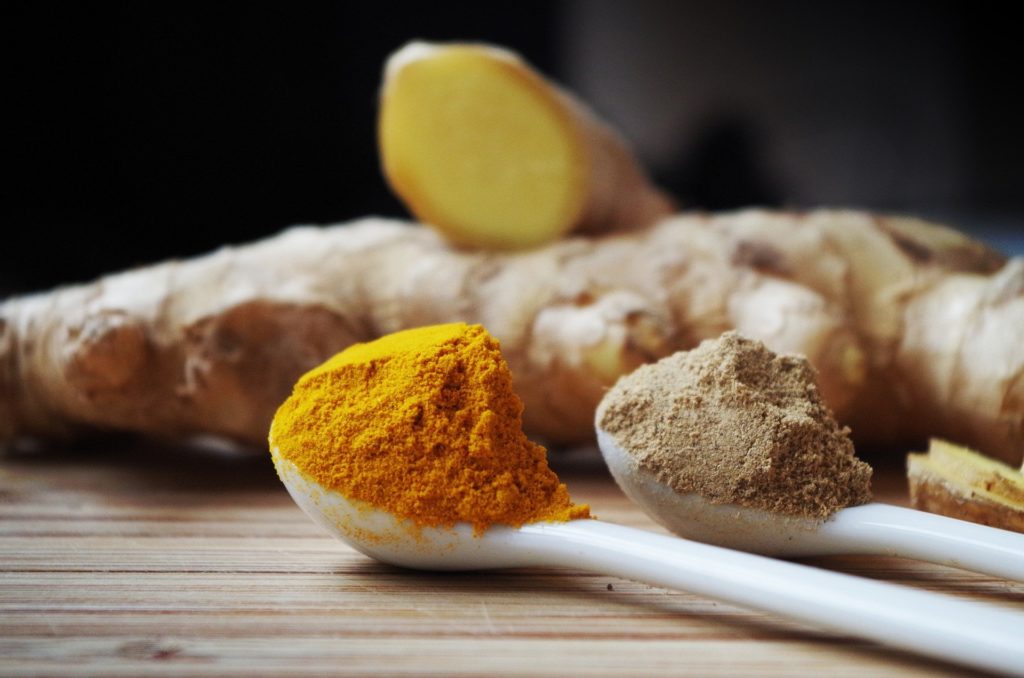
Discover how specific foods can help alleviate the symptoms of autoimmune diseases and improve your overall health.
8. Sunflower Seeds Sunflower seeds are a great way to boost your immune system and alleviate the symptoms of autoimmune diseases. They are packed with nutrients, especially vitamin E, that can help rebalance your immune cells and fight chronic inflammation.
7. Extra Virgin Olive OilRecent studies have shown that extra virgin olive oil contains components like oleic acid and oleocanthal antioxidants, which play an essential role in managing inflammation.
6. Sweet Potatoes Sweet potatoes are a versatile and nutrient-packed option that can benefit your immune system. They do not contain nightshade alkaloids and are rich in potassium, beta-carotene antioxidants, vitamin C, and vitamin A.
5. Fatty Fish Certain types of fatty fish, such as salmon, sardines, herring, mackerel, or anchovies, which are rich in omega-3 fatty acids EPA and DHA, can inhibit an inflammatory marker called C-reactive protein, which has been linked to worsening autoimmune reactions.
4. Turmeric Turmeric contains the active ingredient curcumin, which has been found to reduce the production, activation, and migration of antibodies, making it an excellent tool for autoimmune balance.
3. Green Tea Green tea is packed with epigallocatechin-3-gallate (EGCG), a potent antioxidant that has been found to reduce the production of cytokine cells, which play a role in autoimmune diseases.
2. Mushrooms Mushrooms are one of the few plant sources of Vitamin D and are especially rich in this nutrient, which is beneficial for the immune system.
1. Leafy Greens are packed with a range of nutrients and antioxidants that help fight inflammation and protect the body against free radical damage.



